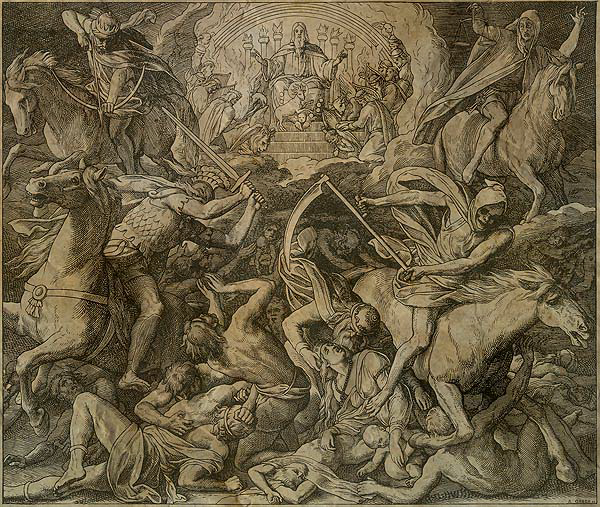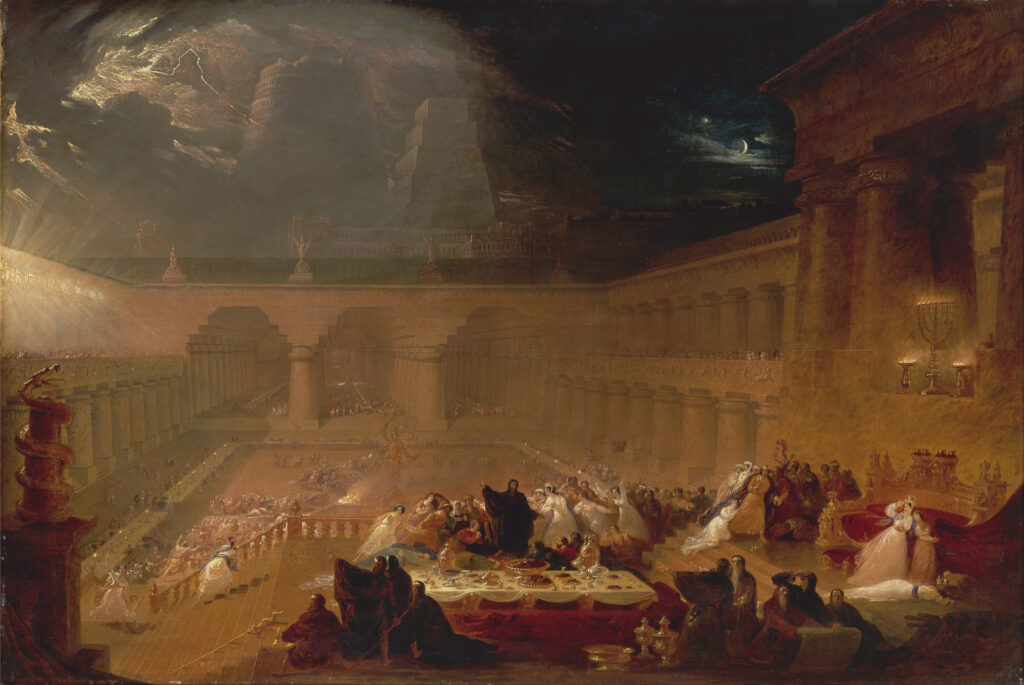
President Trump with Rush Limbaugh
Still Addicted to that Rush
Ilana Mercer, on the late king of radio
Rush Limbaugh died on February the 17th. In the encomiums to conservatism’s radio king, mention was made of his 2009 address at the Conservative Political Action Conference in Washington, D.C. CPAC for short, or CPUKE before Trump.
“Addicted to that Rush,” the March 6, 2009 column’s title, came not from Rush’s brief addiction to painkillers following surgery, but from an eponymous hit by the band Mr. Big. (It, in turn, came from a time when the American music scene produced not pornographers like Cardi B, but musicians like Paul Gilbert and Billy Sheehan). Nevertheless, that title alluded to one of Rush’s missed opportunities: speaking against a war into which he was involuntarily drafted and by which he was almost destroyed: the War on Drugs.
Still, how petty does that war, in all its depredations, seem now! How unimaginably remote do the issues Rush spoke to, in 2009, seem in the light of a country that has come a cropper in the course of one year, due to an unprecedented consolidation of state power around COVID, compounded by an amped up, institutionalized campaign against white America. And, in particular, against white Trump voters. Continue reading



















Systemic Rot – from Texas to California
Race IQ Sketch
Systemic Rot – from Texas to California
Ilana Mercer is twixt fire and flood
Some blame a quasi-free-market in electricity for the collapse of the electrical grid in Texas, during a winter snow storm, mid-February, in which temperatures hovered at 0°F (or -18°C). The same people finger deregulation and isolation from the national and neighboring grids. Opposing opinion has it that an excessive reliance on renewable energy sources, like wind turbines, was the culprit in a grid collapse that saw 40 percent of the power supply fail within hours of the storm, indirectly causing the death of about 60 Texans. All agree that the oil-and-gas state enjoys both cheap natural gas and abundant wind power, and that its natural resources could have stood Texas in good stead.
The Lone Star State’s human resources are another matter. Be they wind turbines or gas pipelines, the electrical grid has to be properly maintained. Texas, however, lacked “leadership.” It transpires that the grid had not been weatherized or winterized in anticipation of a harsh winter—pipelines had not been insulated and wind turbines never deiced. Leadership is a euphemism for intelligence. Texas in the winter of 2021 will likely be looked upon as a case of systemic stupidity, systemic rot. Continue reading →
Share this:
Like this: